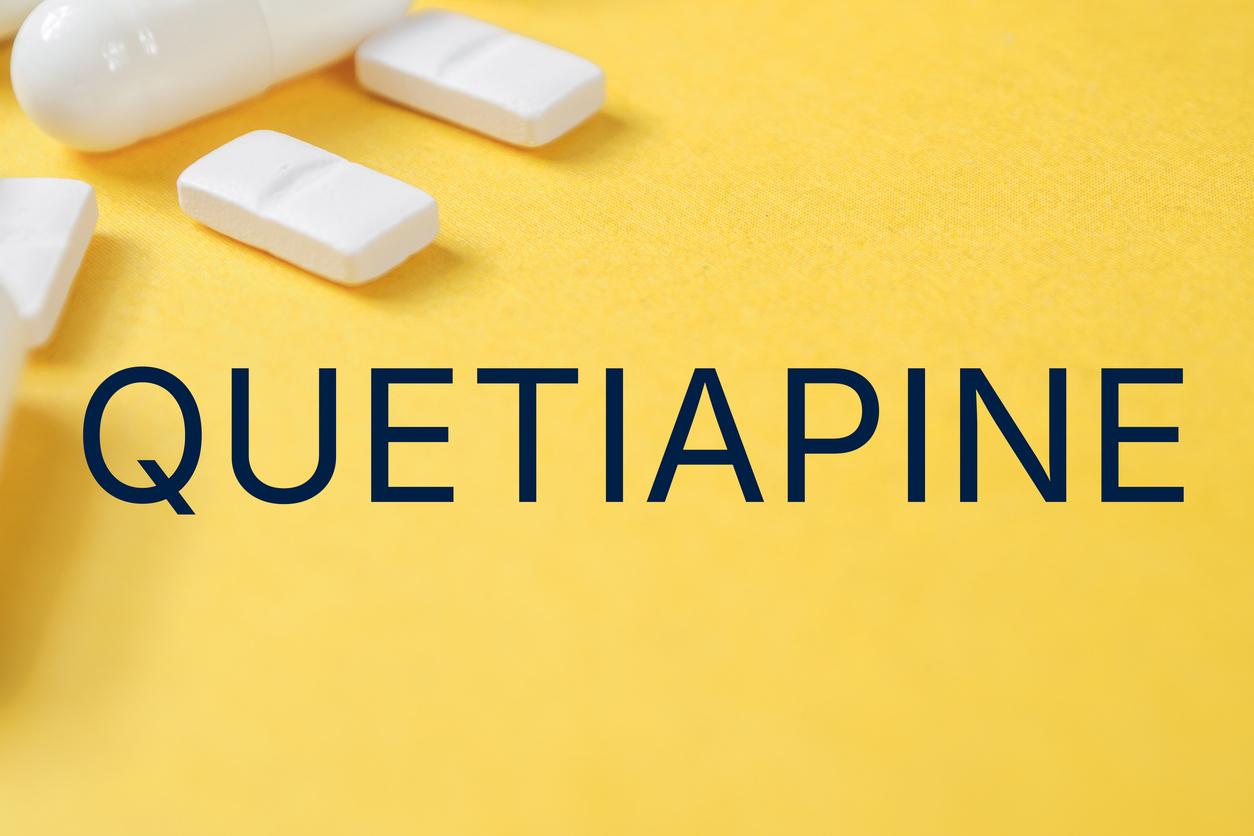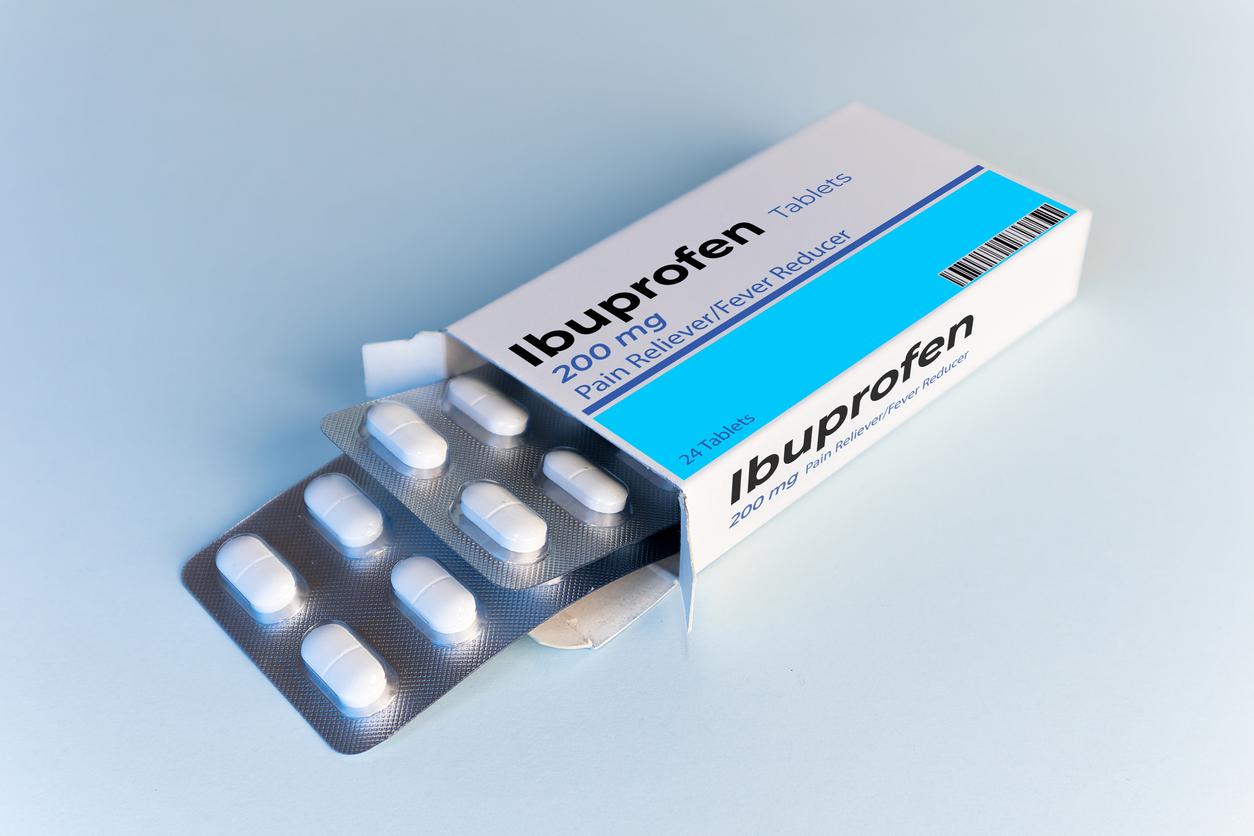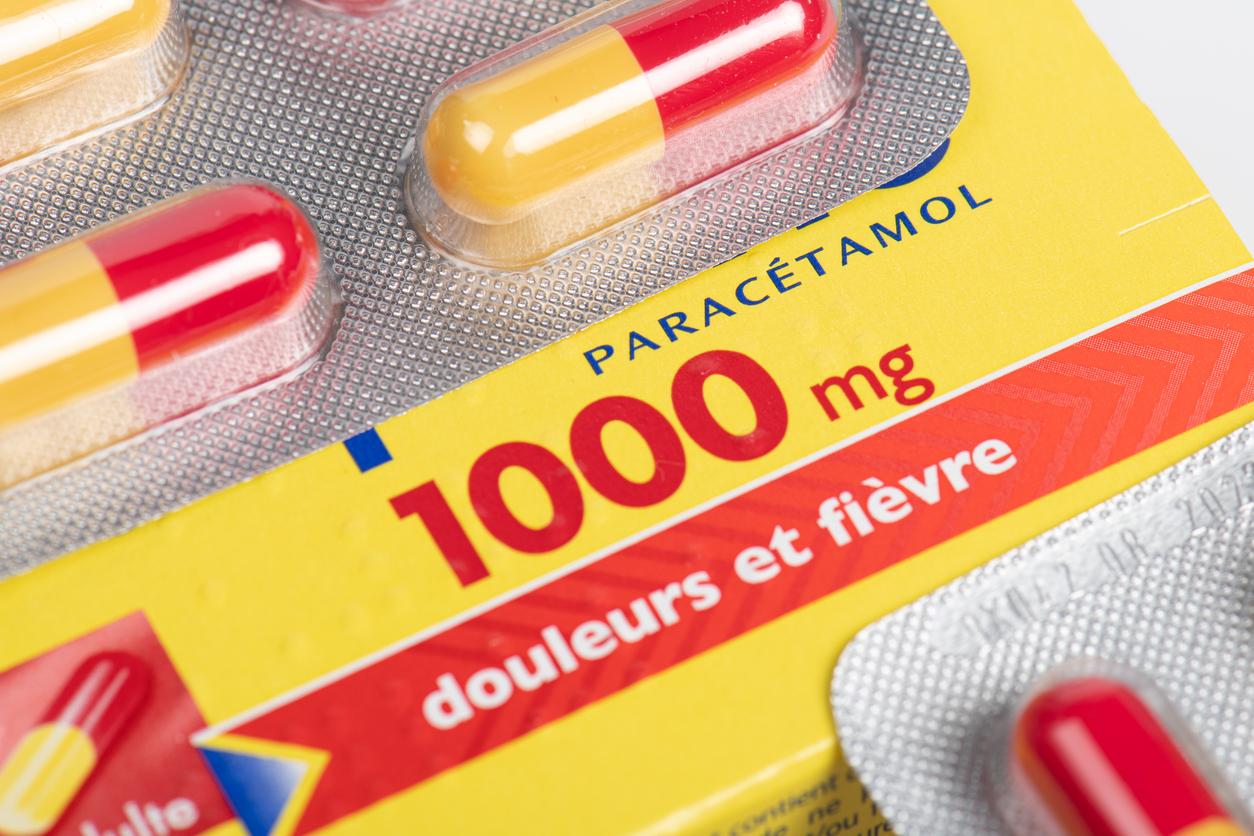The National Medicines Agency (ANSM) has launched its anti-shortage plan, which will monitor the stocks of four types of medicines: antibiotics, anti-asthmatics, corticosteroids and paracetamol.

- During the winter of 2022-2023, France faced a shortage of medicines, in particular amoxicillin, an antibiotic.
- The National Medicines Agency has developed an action plan to prevent the risk of shortages during the next winter period.
- Faced with stock shortages, some pharmacies manufacture the medicines that are missing.
Nearly 37% of French people say they have faced drug shortages in 2023, according to an information report published by the Senate. During the winter of 2022-2023, France faced a triple epidemic of Covid-19, bronchiolitis and influenza, with difficulties in supplying medicines, in particular amoxicillin and doliprane.
Sufficient stocks of amoxicillin for the winter
In an interview given to France Inter the 3rd of October, Aurélien Rousseau, Minister of Health, assured that France has “winter stocks of amoxicillin, the most common antibiotic. In particular, the government “relocated the production of 25 strategic drugs to France” and put “450 drugs under surveillance since last year.”
Nevertheless, the Minister of Health warned of distribution problems with “in particular, the largest pharmacies which have overstocked”. He has then “made the decision to give back to those who distribute the responsibility that all pharmacies, including the smallest, have access to these stocks”. Drug stock levels will also depend on the virulence of winter epidemics.
An action plan to prevent drug shortages
To anticipate potential winter epidemic outbreaks, the National Medicines Agency (ANSM) also developed an anti-shortages plan, which was launched on October 3. “The ANSM’s action is focused on the management of stock shortages and risks of stock shortages of these essential medicines. Indeed, a supply shortage or a stock shortage of a MITM [ndlr médicaments d’intérêt thérapeutique majeur] may pose a public health risk.said the health authority in a press release.
Pharmacy stocks of four types of medications will therefore be subject to increased monitoring during the winter: antibiotics (amoxicillin), anti-asthmatics, corticosteroids and paracetamol.
To assess the risks of shortage, three criteria will be taken into account:
- epidemiological data from Public Health France;
- ANSM data on supplies;
- field data provided by healthcare professionals and patients.
In the event of a risk of shortage of a medicine, the ANSM may prohibit exports and reduce the doses delivered to pharmacies. The organization can also force laboratories to use wholesalers, that is to say prohibit them from selling directly or having medicines in tension manufactured by community pharmacies, which are able to do so. , or through hospital pharmacies.
Shortage of medicines: the relay of pharmacies
Faced with stock shortages, some pharmacies are starting to prepare medications. This is particularly the case of the Delpech pharmacy in Paris, which manufactures its own capsules. “We spend our time managing supply shortages (…) at the end of December 2022, we were making 1,800 preparations per day, today we are at around 2,300/2,400 preparations, all molecules combined, an increase of around 25%. solely due to the management of ruptures”, indicated Fabien Bruno, boss of the Delpech compounding pharmacy, at France 3 Paris/Île-de-France.
The Parisian pharmacy started with amoxicillin, corticosteroids, and now flecainide, a treatment intended for patients suffering from cardiac arrhythmias. For several months, this very common medication has also been a victim of shortage.
















